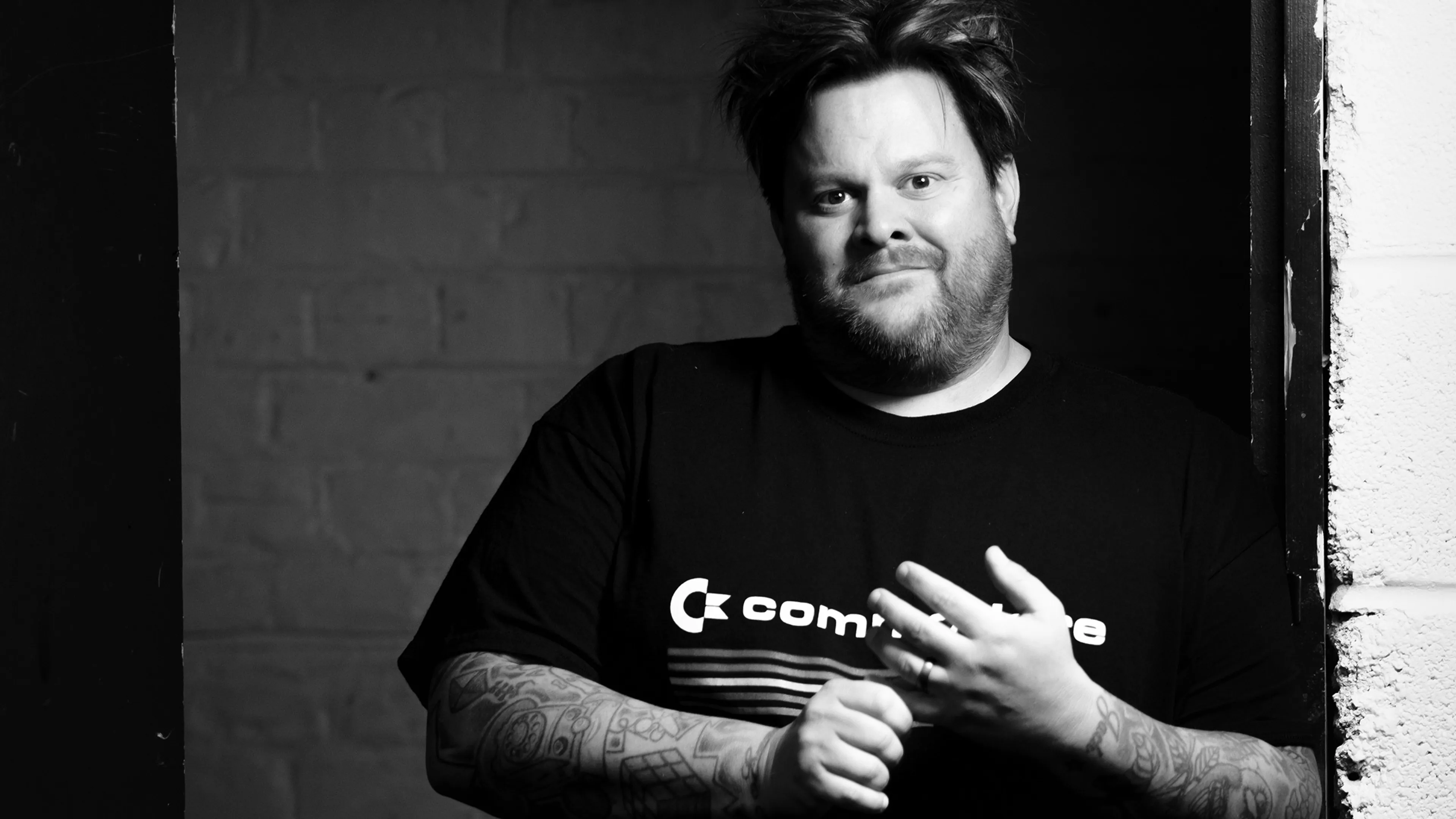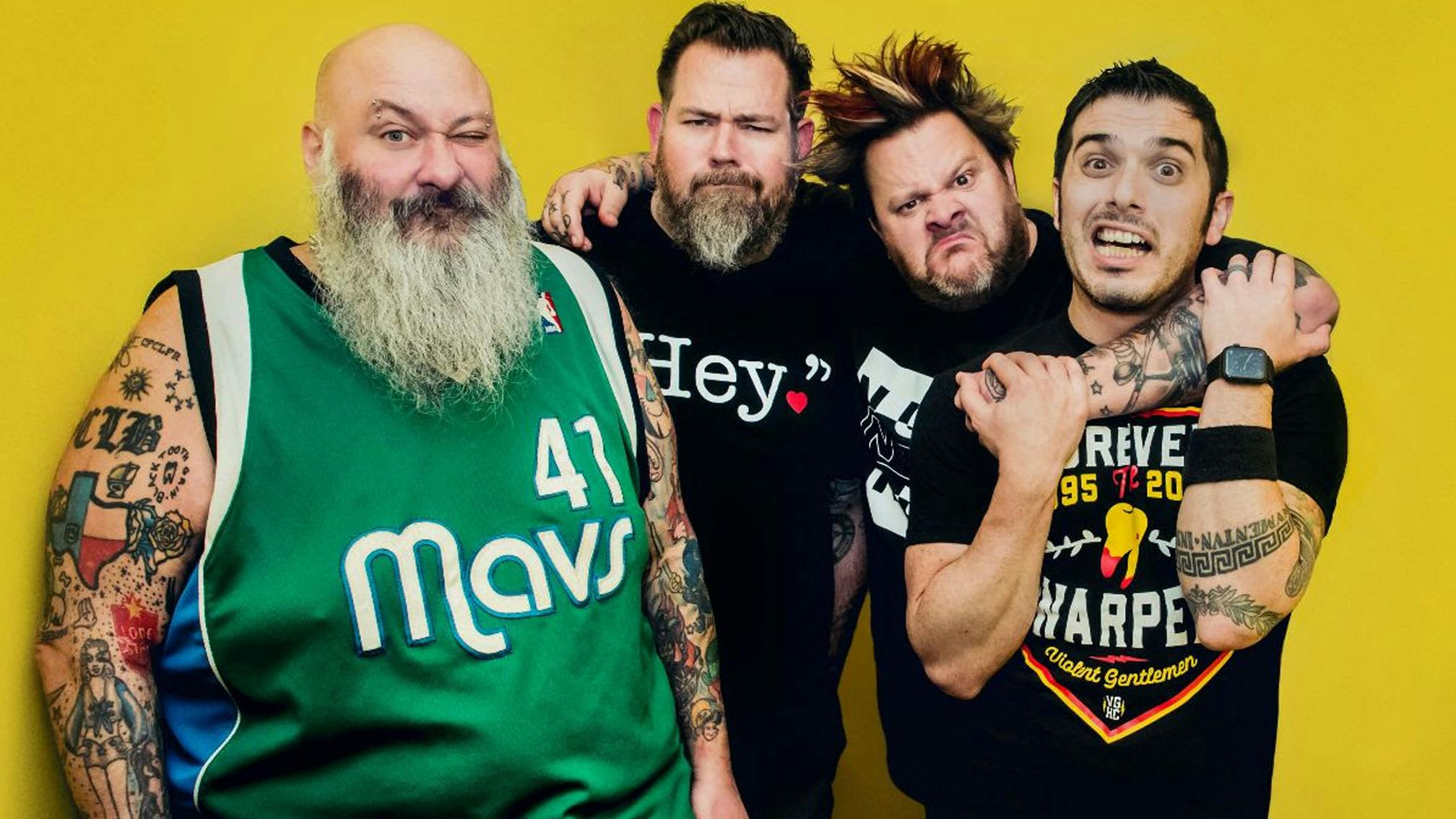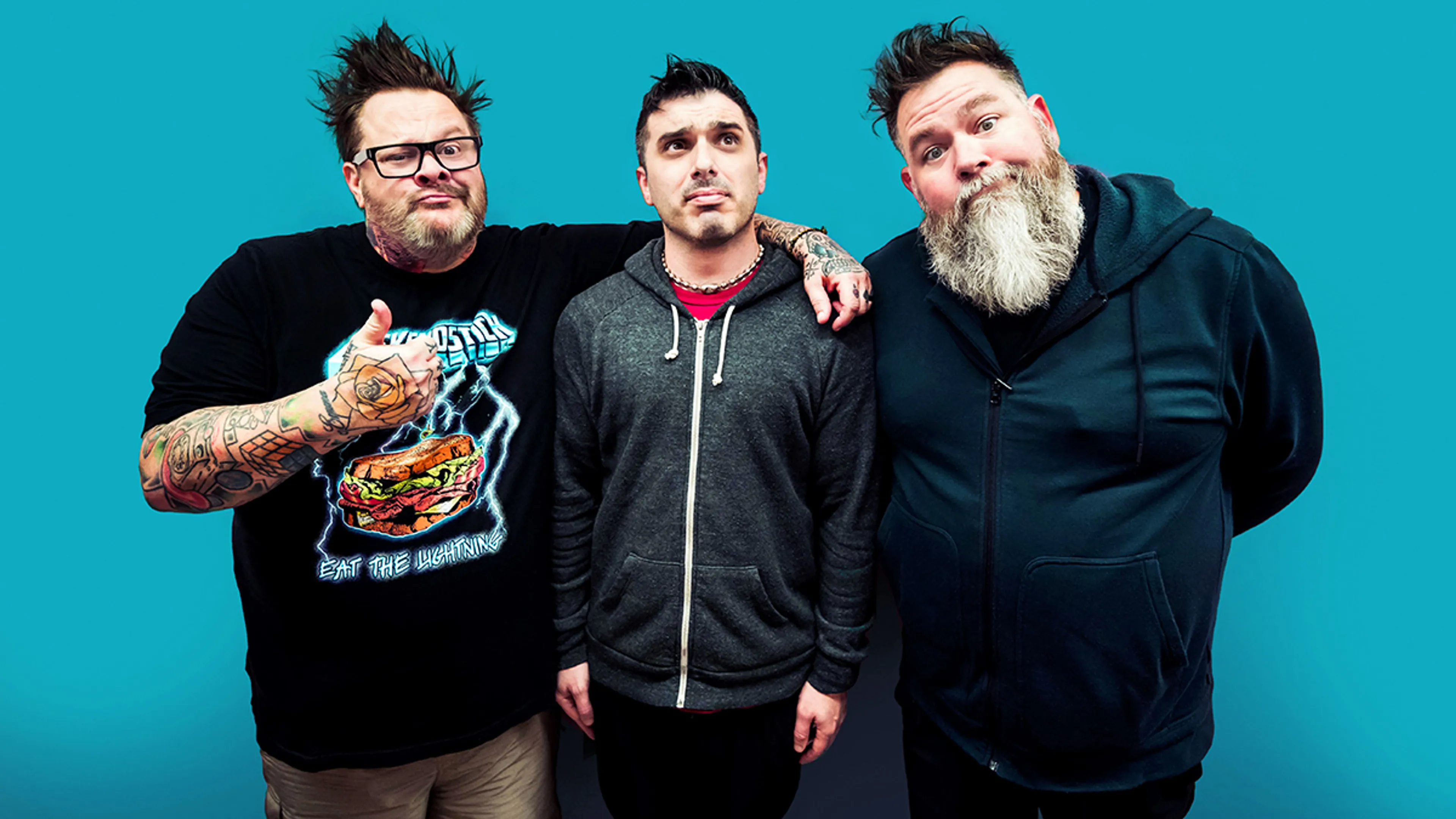You said it took over a year for you to speak out and get help – why was that? Were you worried about any stigma surrounding mental illness?
"I wasn’t worried so much about any stigma before I got help – it was more me being stubborn. I thought I could work it out on my own. I equate it to my dad who hates doctors: his knee was hurting for two years, but it wasn’t until he literally couldn’t get out of bed that he finally went and saw the doctor. What other people thought of me never really bothered me, because, at the time, I wasn’t anticipating putting it out into the world. I was planning on my interviews forever revolving around Bowling For Soup being the greatest band that ever lived, and our album being the greatest album of all time. I just wanted to continue doing what we do.
"But, interestingly, you used the word ‘stigma’ in your question, and a friend of mine started a Facebook page called Louder Than Stigma. He’s a musician and psychologist, and he put out a post to all our musician friends in Dallas, saying, ‘If you’d ever consider talking about anything – substance abuse, anxiety, depression… whatever – get in touch.’ And it just caught me on a weird day – I emailed him back and said, ‘I don’t know if I’m ready for this or not, but what’s the plan with this project?’ He said, ‘I just wanna sit you down and film you talking about your issues, and when we’re done I’ll put it together, and if you don’t want it to go out into the world, it doesn’t have to.’ So I thought, ‘Fuck it – I’ll do it.’ When I sat down with him and began talking in front of that camera, it was like another weight being lifted off me – my lungs felt like they held more oxygen as I walked out of that room. I called my wife afterwards and said, ‘Holy shit! It feels like I just got out of a two and a half hour yoga session!’ I thought it was such a great thing this friend of mine was doing, and I thought that, given all the amazing things people have given me to help me have a great career, I owed it to people to be honest about myself. I knew there were people out there who were affected by mental health and who listened to my music, so I told him to put the video out there. I never even watched it.
"What’s funny about that is immediately after the video went out, I messaged my publicist and said, ‘I don’t want every interview I do now to be about mental health.’ Since then, I’ve ended up telling my story a bunch of times! But I’ve ended up deciding that, if people want to lead with and talk about my mental health experiences, let’s do it, because things are too fucked up right now. Chris Cornell is gone, Chester is gone – and that’s just the high profile people. What about the kid that sends me an email saying they’re having a bad day and I don’t see it… how do I get to that kid? So I’ve decided, ‘Fuck it’ – whoever wants to talk about this, bring it on. I’m very thankful to Kerrang! for having this conversation with me."








